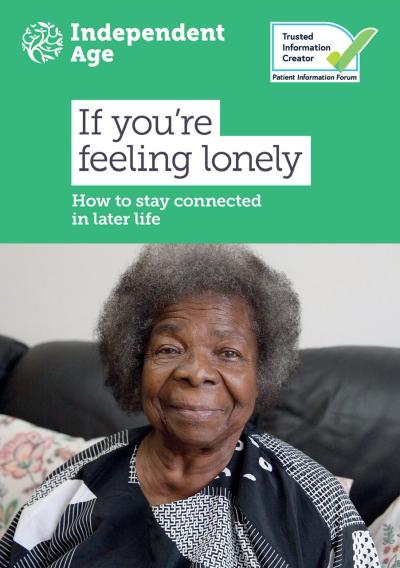Related publications

It’s not always easy to keep in touch with friends and family, especially if they live far away. Luckily, there are many online tools that can help you stay connected with others, as well as meet new people.
Email is a great way of staying in touch. It’s free and easy to use, and it’s much faster than sending a letter in the post. You can also share files, such as photos.
There are several popular platforms you can use to create an email account, such as Google Mail, Outlook and Yahoo. Or your broadband provider might give you one.
To set up an account, you’ll just need to provide some basic information, such as your name, date of birth and phone number, and think of an email address and a strong password.
To send an email, you just need the email address of the person you’re writing to. All the emails you receive are stored in your inbox. The latest emails are displayed at the top. You can also access your emails through apps on your smartphone – follow your phone’s instructions to set it up.
If you don’t have an internet connection at home, you can still access your email on a computer at your local library, for example. If you’re using a public computer, you should always sign out of your email account before closing the browser window.
Visit Age UK for more information on how to set up and manage an email account.
If you have a smartphone, you could use a messaging app, such as WhatsApp. It works in a similar way to texting. Many people use WhatsApp instead of normal phone calls and texting, as it has some benefits. You can:
It’s free to download from your device’s app store. It uses your phone’s internet connection, so you can call and text as much as you like, for free. It’s particularly useful if you’re getting in touch with people who live abroad, as you can call and message them at no extra cost.
When your phone is not connected to WiFi, it will use your mobile data allowance instead. You may be charged extra if you go over your data allowance. Try to connect to WiFi if you’re using WhatsApp for something that uses a lot of data, like video calling.
If you want to have a chat with someone but can’t meet up in person, video calling is a great alternative. It can be better than a phone call, because you can see the person you’re talking to on your screen, and they can see you. You can even have group video calls.
You can use a smartphone, tablet, laptop or computer to video call – your device just needs to be connected to the internet. There are many free video calling tools you can use:
Remember to stay safe during a video call – for example, know who’s joining the call beforehand and only click on links from people you know and trust. Visit the National Cyber Security Centre for advice on staying safe when making a video call.
Visit Age UK for more advice on how to make video calls.
Sometimes it can be difficult to arrange a time to chat or sit down to write a proper email. Social networking websites are a convenient way to keep up to date with your family and friends. As well as staying in touch with the people you’re close to, you can follow interest and hobby groups and meet like-minded people.
You can also use all these platforms to follow public figures, organisations and news, so you can keep up to date with things you’re interested in.
Visit Age UK for instructions on how to set up and use a Facebook, Instagram or Twitter account.
Sometimes you may want to talk with new people. Online forums are a place where you can chat with people around the world, whether it’s asking for advice or discussing a common interest.
You can find and join forums for any topic you’re interested in. You’ll usually need to create an account to post comments and replies.
It’s important to be safe when you’re online. Never share personal information with people you don’t know. For more advice on internet safety, visit our webpage Staying safe online.

For free online courses to help you improve your digital skills, visit Vodafone's Hi Digital learning platform, in partnership with independent Age.
For more ideas on ways to keep in touch with others, visit our webpage Staying connected.
If you’re wondering what device would work best for you, visit our webpage Smart technology.